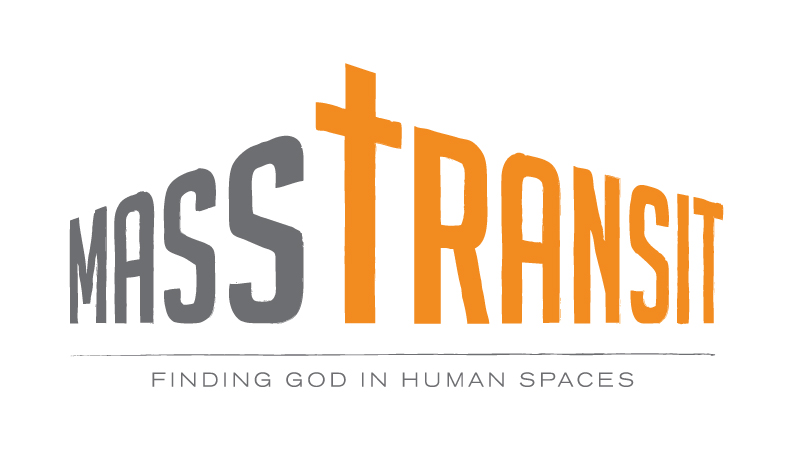What Are Your Weapons?
A familiar argument follows in the wake of every mass shooting, and I've heard it again following the Las Vegas Massacre:
The common denominator in all these attacks is not so much the weapon . . . the common denominator is a human being with hate in his or her heart. (Mike Huckabee on The Brian Kilmeade Show, 10/2/17)
I agree and disagree.
I agree. We are human beings, and we have had a propensity for killing things since the beginning. (I think that is the point of the story about Cain and Abel.) We commit violence because we allow violence to live in our hearts.
I disagree because it's a lie. A common denominator is a feature shared by all members of a group. If we look at all the mass shootings since Sandy Hook, the murderers had different motivations--sometimes they were motivated by hatred; sometimes they had a mental illness; sometimes they had a perverted sense of justice. To lump all of these things under the umbrella of "evil" is not useful or even accurate (mental illness is not "evil").
The common denominator seems to be the guns.
Which makes me wonder: What is our attachment to guns? More broadly, what is our attachment to weapons of any sort? (A weapon is any tool that we use to coerce someone to do our will.) A weapon may not be a gun or a knife or a fist. My words can be the most effective weapon I know.
“Unless we are able to cut through divisive rhetoric and false claims which suggest that more prisons are the only answer, more brutality the cure, or more violence the solution, we will not succeed. ”
The weapons we use do not give us power nor do they ensure our liberty. Rather, our weapons enslave us because they force us to be on the constant lookout for enemies and the threats they pose. Weapons prevent us from sharing, and without sharing, there can be no love.
Such disarmament is necessary step along the path of freedom.
Rest with these words until your mind, body, and spirit are calm, still and free:
He makes wars stop from one end of the earth to the other.
He breaks every bow. He snaps every spear.
He burns every shield with fire. (Psalm 46:9)
What are the weapons you use? How do you coerce people? In what ways do you try to dominate others? How do you compel others to act in a certain way? Focus on the words force, dominate, or compel. Do you use cruel words? Do you use threats?
Focus your attention on just one of these weapons. Observe it objectively, without judgment. Describe it without passion: "I use (name the weapon), which means that (describe the weapon) to make others (explain the effect this weapon has on others)." For example, "I use sarcasm, which means that I use words that are ironic, cutting, and painful to make others feel stupid and get angry."
Imagine a situation that calls for love, mercy, and compassion. How do your weapons prevent you from being kind and gentle in this situation? How do these weapons prevent you from bringing harmony and peace?
What grace do you need to show love, mercy, and compassion in this situation? Disarm yourself by replacing your weapons with this grace.
If you feel the need to ask for forgiveness for the times when you have used your weapons, ask for forgiveness.
Close with this prayer or one of your own: Lord, lead me along your path of peace. May I exchange the weapons of violence for songs of compassion. Amen.
